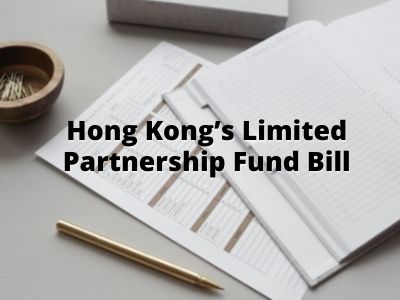Hong Kong’s Limited Partnership Fund Bill is Set to Attract Private Funds

On the 9th of July 2020, Hong Kong’s Secretary for Financial Services and the Treasury, Mr Christopher Hui and Hong Kong’s Legislative Council passed the passage of the Limited Partnership Fund Bill. The bill was gazetted early this year on the 20th of March 2020 by the government. After a long wait, the Inland Revenue Department has a released an official statement regarding Hong Kong’s Limited Partnership Fund Bill or abbreviated as the LPF Bill which noted that the bill is currently subjected to legislature procedures. The LPF Regime will soon be in operation by the 31st of August 2020.
According to Mr Hui, he said that the new Ordinance in Hong Kong had established a limited partnership fund regime which will allow funds to be registered under the form of limited partnerships. He also added that Hong Kong is on a mission to develop into a global asset and wealth management hub. The new Ordinance had attracted various investment funds, which includes private equity and venture capital funds to be built and operate in Hong Kong.
Additionally, this would elevate Hong Kong’s private equity market and increase demands for domestic-related professional services. This will help Hong Kong’s status and solidify the nation as a premier global financial centre.
The Partnership
The fund regime is an opt-in registration scheme managed by the Companies Registry. In a limited partnership fund, the general partner who has unlimited liability in respect of debts and liabilities of the fund, and the limited partner or partners, with limited liability, have the rights and the freedom of contract to the operation of the partnership, including:
- Admission matters
- Partners withdrawals
- Investments
- Fund strategy
- Life of Fund
- Financial reporting frequency
- Net asset value verifications

The new regimes state that investment managers must have a license granted by the Securities and Futures Commission (SFC), the proper custody of assets must be ensured, and independent fund audits have to be declared annually. Additionally, only qualified persons must be responsible for carrying out AML/CFT functions. The limited partnership funds will require no capital duty or stamp duty.







